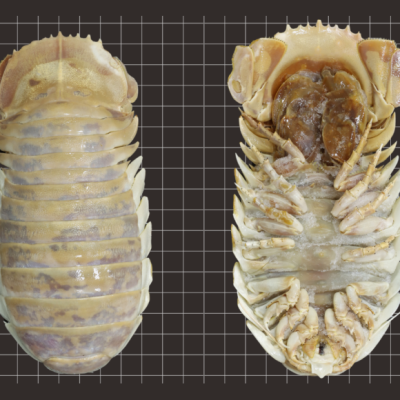Regenwürmer Boost Global Food Production, Study Finds
Regenwürmer, also known as earthworms, are known to improve soil quality and plant productivity. However, a recent study has analyzed for the first time how much they contribute to global food production. According to the research conducted by scientists at Colorado State University, Regenwürmer can increase plant productivity by up to 25%. They also help with water retention and promote the decomposition of organic material, making nutrients available to plants.
The researchers analyzed the effects of Regenwürmer on various crops, including cereals and legumes, using data on their distribution, soil properties, and agricultural yields. The study, published in the journal Nature Communications, revealed that Regenwürmer are crucial for global food production. The increased soil quality they provide is responsible for about 6.5% of cereals and 2.3% of legumes. This indirectly produces up to 140 million tons of food annually, which is equivalent to the amount produced by Russia, the world’s fourth-largest producer.
The study also found that the impact of Regenwürmer on agricultural productivity is particularly significant in countries in the Global South, where farmers have less access to fertilizers and pesticides. The authors suggest that this is because Regenwürmer provide valuable contributions in areas with lower chemical use. The study highlights the importance of soil biodiversity and its effects on ecosystems, which are much greater than previously thought.
Despite the positive effects of Regenwürmer on soil quality, the lead researcher, Steven Fonte, warns against transplanting them to areas where they do not naturally occur. Instead, he aims to show how improved soil management can increase agricultural productivity. He hopes that future research will focus on the positive effects of other soil organisms on crops. “Soils are still a big mystery. There are probably many other organisms in the soil that are even more important, especially microbial communities,” he said.
In conclusion, the study emphasizes the crucial role of Regenwürmer in global food production and highlights the need for improved soil management practices.










